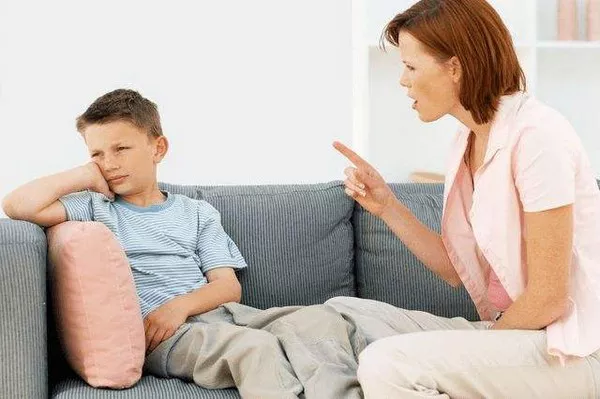In response to a concerning rise in anxiety and depression among its residents, the City of Hartford has joined forces with the mental health app Headspace and West Hartford’s wellness nonprofit, Copper Beech Institute, in a move announced on Tuesday.
Hartford Mayor Luke Bronin emphasized the pressing need for addressing mental health issues, stating, “We’ve seen mental health issues manifesting themselves in so many different ways.” He highlighted instances ranging from personal disputes escalating to road rage, increased absenteeism in schools and workplaces, domestic violence cases, to community gun violence.
Under this partnership, Hartford residents, students, city employees, and Hartford Public Schools employees will gain free access to mindfulness and meditation resources offered by the Headspace app. In addition, Headspace will collaborate with the city to identify existing self-care resources and gaps, forge partnerships with local employers and health plans to promote a citywide culture of mindfulness and self-care, and measure outcomes through an impact study.
Wizdom Powell, Chief Purpose Officer at Headspace, outlined that the free one-year subscription to the app will encompass “personalized content recommendations” collaboratively produced with city leaders. They intend to map locations within the city where individuals can gather to experience mindfulness, calm, and protection.
Copper Beech Institute will play a vital role in providing self-care and mental wellness training for city employees, with a specific focus on workers from the Department of Health and Human Services, Department of Families, Children, Youth, and Recreation, and the Hartford Public Library. The nonprofit will also host mindfulness pop-up events at various citywide public gatherings.
As part of this initiative, the Greater Hartford Arts Council will partner with the city to create public art installations that reinforce the importance of mental wellness and self-care.
However, some residents remain skeptical about the impact of this initiative, given the scale of underlying problems that contribute to stress and mental health challenges.
Cate Vallone, a Hartford resident and pilates instructor, expressed her skepticism, asserting that mindfulness is a “high-level skill” pursued when individuals seek to thrive and grow, not when they are in survival mode. Vallone pointed to the challenging economic circumstances in the city, emphasizing that “mindfulness is not going to solve the problem.”
Another Hartford resident, Molly Lantagne, an art teacher, acknowledged the importance of setting aside funding for mental health but questioned whether an app would provide a comprehensive solution. She noted that access to healthcare issues could not be resolved with an app, especially for individuals without access to Wi-Fi or smartphones. Lantagne also highlighted the need for coping strategies, emphasizing that apps may not be suitable for everyone and may require consistent use, which some individuals may struggle to maintain.



























